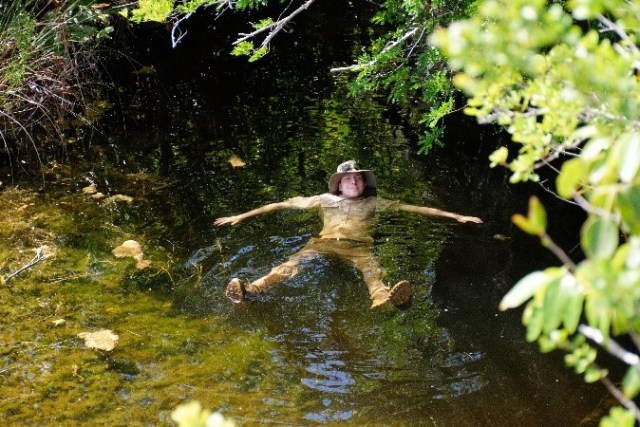This October, we are showcasing stories from Master’s geoscience students.
After working hard to complete an undergraduate degree, many geoscientists decide to stay in education a little longer to complete a Master’s degree. Postgraduate study gives opportunities to specialise in a topic you are passionate about, while gaining expertise and skills to enhance your employability. But after spending years in education, taking the leap from undergraduate study into a Master’s degree can feel like a huge decision. We asked students in the geosciences why they chose to carry on in postgraduate study, why they chose their Master’s course, and what they have enjoyed most about it. We’ll release new Master’s perspectives throughout October.
If you are a Master’s student and would like to contribute, get in touch with us at geoscienceforthefuture@gmail.com!

“I was introduced to renewable energy in my second year where we were given a project about…wind turbines were located as well as interpreting the data obtained from the ground investigation …. Carbon Capture and Storage fascinating and was able to complete research on where and how carbon dioxide is trapped. What triggered my interest in this topic was learning about environmental consequences and reading about incorporating renewable energy sources in carbon capture…”

“Thinking back over the last year, while studying for a Masters degree certainly challenged me, I really enjoyed learning about a broad range of subjects in detail.”

“I loved that I had a chance to bring all of my interests together into one successful research project. I enjoyed the fact that my Master’s not only taught me more about geohazards but also taught me new softwares and skills…”

“We all know how much the carbon emission rate is increasing day by day, and the cement industry is a major contributor to this. Geopolymer concrete can reduce carbon emissions from the cement industry by 90%. There is a lot of misunderstanding out there about these materials…”

“Do a course you love. If you do something you enjoy, you are more likely to excel. I chose the MSc Environmental Consultancy course because the modules really appealed to me.”

“I became fascinated with the idea of “building with life” and its intent to go beyond biomimicry and actually integrate living matter into our materials. What better place to look for living organisms that can provide utility to ground engineering than in our soils?”

“… a mid-career change might seem daunting! But consider the bittersweet reality: green jobs are in high demand as the world moves to achieve urgent goals to combat climate change. The majority of our waking hours are spent doing the jobs we have, so if you are not getting enough fulfilment from it, a change is worth considering.”

“The decision to go back to study was quite difficult to make: it meant going back to university as a distance learning student (i.e. taking classes online rather than studying on campus) while balancing my full-time job and alongside my responsibilities as a father of young kids…. I wondered if I might need an MSc in time management!”

“An Integrated Master’s course is a programme that combines a three-year undergraduate degree with a one-year Master’s level qualification. Rather than having two separate degrees, you have one single qualification…. If you like the idea of completing a Master’s but aren’t sure what subject you want to pursue, the MGeol (or MSci) is a brilliant option and opens many doors to new opportunities.”

“I chose to do a Master’s as I felt I needed more training before going onto a PhD…it prepares you slightly more for PhD studies because you are used to controlling your own time and pushing forward your project independently”

“Inspired by the successful landing of NASA’s Perseverance Rover Mission on Mars, I instantly knew that this pathway was for me and would lead me to all kinds of exciting research and discoveries.”

“I chose to study for my masters at Bristol partly because of my close connection to the city but also because of the world-class research facilities and opportunities for fieldwork…..based on North Andros in the Bahamas”

“I’d looked into heaps of graduate jobs, but I wanted to further my understanding in engineering geology and geotechnical engineering, after realising that geology is the foundation for everything.”
